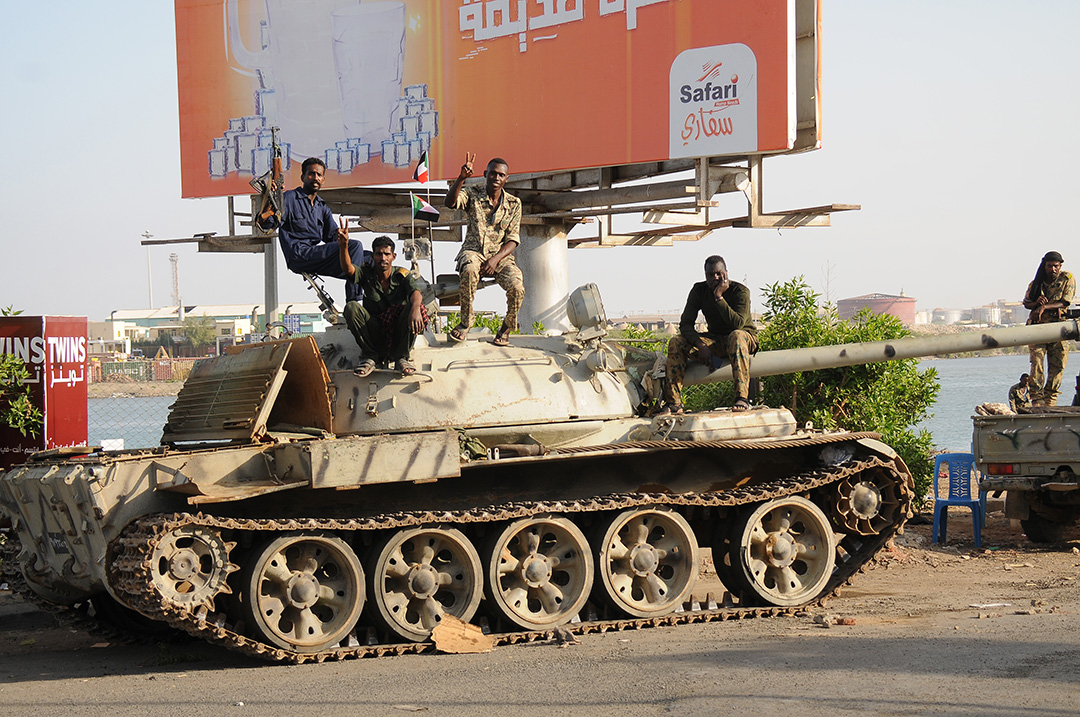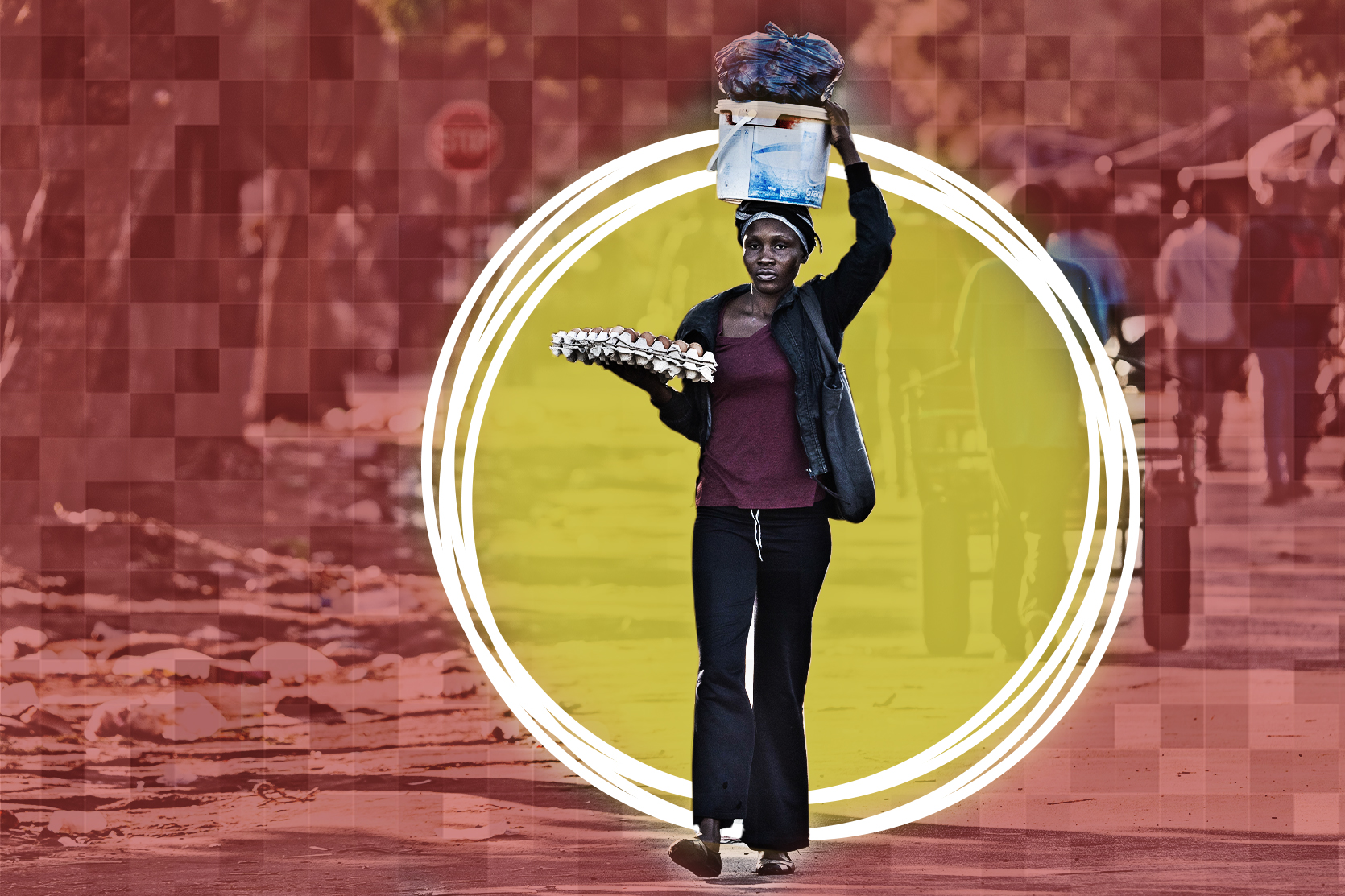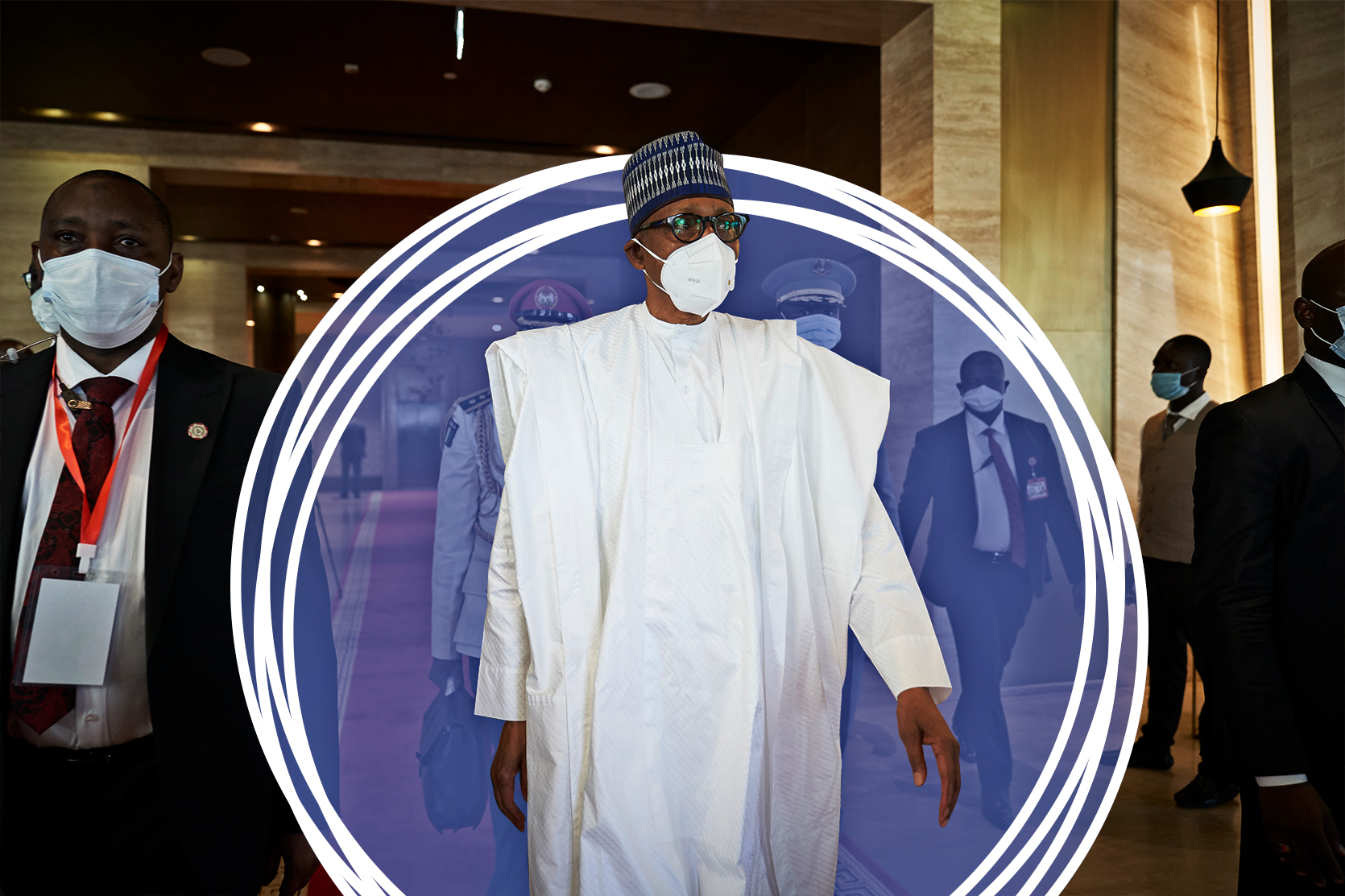Sudan has been in crisis all along from the time of independence. Though there was a promising start in the immediate post-independence years, the Sudanese hope for a better future was quickly dashed. The 1980s exercise at instituting a representative government was also short-lived. It was quickly reversed. It is, therefore, safe to say that Sudanese politics has always been the preserve of the military. The top brass in the military replace each other through coups d’état, sometimes bloodless and other times bloody. The current ongoing crisis in Sudan takes a different trajectory, however. Unlike the coups d’état that have been common in the country, this time around the crisis is a result of a power struggle between the leaders of parallel military institutions that are constituted by law.
Here, it is pertinent to explain this anomalous development of having parallel military institutions; the formal Sudanese Armed Forces (SAF) and the paramilitary Rapid Support Force (RSF). The RSF was first formed by the Sudanese central government under former president Omar Hassan al-Bashir as a counter-insurgency popular force in an effort to quell the uprising in the western part of the country, the Darfur region. The RSF was later made to broaden its area of operation as its forces were deployed to conflict hotspots in south Kordofan and Blue Nile states, among others.2 Its contingents, along with personnel from the SAF, were even sent to Yemen as part of the Saudi-led Arab coalition mission to that country.3 However, all this was happening without any formal legal basis. Nonetheless, the metamorphosis of the RSF seems to have reached its culmination when, in 2017 al-Bashir issued a piece of law to accord it legal personality, directly reporting to him.4
In the context of the popular movement against the al-Bashir government, the leaders of SAF and RSF colluded to bring down the President and disband his administration in April 2019. The leaders of the two forces, as well as representatives of political parties and civil society groups, entered into a deal to usher in a transition period that was supposed to last 39 months.5 As part of the process, a sovereign council was formed where the leaders of the SAF and RSF, General Burhan and General Dagalo, assumed the chair and deputy chair positions, respectively, while a civilian, Abdalla Hamdok, was appointed as Prime Minister.

Sudanese army soldiers, loyal to army chief Abdel Fattah al-Burhan, sit atop a tank in the Red Sea city of Port Sudan, on April 20, 2023. More than 300 people have been killed since the fighting erupted on April 15 between forces loyal to al-Burhan and his deputy, Mohamed Hamdan Daglo, who commands the paramilitary Rapid Support Forces (RSF). Photo: AFP
One of the important elements of the deal was to transfer power from the military leaders to civilians after a lapse of the first 21 months of the transition period. However, when the time came, the military leaders once again colluded to remove Prime Minister Abdalla Hamdok from office in October 2021. Though the Prime Minister was restored to office a month later, the military leaders made the road rough for him and, as a result, he was ultimately forced to resign in early January 2022. Ever since the country has not had a formal functioning government.6
With mounting local demands and international pressure, a new cycle of dialogue and negotiation among incumbents and the forces of change resulted in the signing of a new Framework Agreement in December 2022. According to the new agreement, the military agreed to stay away from any formal role in Sudanese politics. Moreover, a civilian head of state and prime minister will select the cabinet and chair the Defence and Security Council. The armed forces will be prohibited from non-military business activities and a security sector reform will be undertaken with the objective of creating a unified, professional and non-partisan national army. Elections are due to take place at the end of a two-year transitional period.7 These components of the agreement imply that, upon implementation of the agreement, the military will relinquish its political power8 and that its privileged position in economic activities may dry out.
Well, for an establishment that has always enjoyed dominance in both realms, acceding to genuinely implementing the agreement seems to be like shooting itself in the foot. This explains the “why” of the current crisis and, most importantly, why it happened in April 2023. As per the Framework Agreement, the transitional constitution was supposed to take effect as of April 06, 2023, and institutions of the transitional authority were to be put in place on April 11, 2023.9
In the absence of a mutual target in office as they had earlier, the leaders of SAF and RSF turned against each other. The crisis began to boil over when General Burhan accused the RSF leader of deploying forces to new areas like Merowe without the knowledge of the SAF. General Burhan claims this amounts to staging a coup d’état10 and, therefore, declared the RSF a ‘rebel group’. General Dagalo, on his part, in what appears to be a charm offensive to civilian forces, accused General Burhan of being insincere about the agreement to transfer power to civilian rule and of trying to bring back Islamic radicals.11 On Saturday, April 15, 2023, open hostilities started and the conflict escalated in the following days. Several reports attest that the SAF has used combat aircraft and attack helicopters.12 What is disheartening is the fact that the rival forces are fighting mainly in the capital Khartoum and its environs. As a result, on day nine of the conflict civilian casualties are at least 420 and many more are reported to have sustained gunshot wounds.13
A correct reading of the history of politics and particularly conflicts in the Horn of Africa reveals that, in many cases, intrastate conflicts spill over international borders and often attract actors from outside. Such trends are served by the existence of porous borders, disputes over territories between countries in the region, and strategic interests of extra-regional forces. Though there is not sufficient information to prove claims, allegations are coming out from both camps regarding the involvement of outside forces in the current Sudan conflict. In this respect, General Dagalo implicated Egypt for supporting General Burhan’s side and showed footage of Egyptian soldiers captured by his forces. 14&15
On the other hand, the spokesperson of the SAF accused two countries in the region of supporting RSF forces. He said one is from the west of Sudan and the other from the east, without mentioning the names of the countries in either case. 16 Though difficult to verify at this stage, it is understandable that both sides try to cultivate allies and friends from the region and beyond.
Hence, if the history of the Horn can be taken as a guide, conflict situations, as is the case in Sudan now, require timely and prudent intervention before they get regionalized. If the current escalation of the conflict is left unabated, it may draw in multiple actors and, in the process descend into a protracted civil war as warring parties already have their own regional strongholds.
Of course, there are efforts so far in this regard from near and far, including countries and international organisations. The UN has condemned the violence and urged parties to the conflict to come to the negotiating table.17 Likewise, the foreign ministers of the G7 countries meeting in Japan called upon the rival forces to start talks to resolve differences through peaceful means. 18 More importantly, the Inter-Governmental Authority on Development (IGAD) on April 16, 2023, formed a team of heads of state involving presidents of Kenya (William Ruto), South Sudan (Salva Kiir Mayardit) and Djibouti (Ismael Omar Guelleh) to mediate the warring parties.19 On the same day, the African Union (AU) Peace and Security Council called a meeting and issued a statement calling the rival forces to cease hostilities and warning external forces not to get involved in the Sudanese conflict.20
Though the efforts and initiatives so far are commendable, what is more, important is to leverage the warring parties to yield to the calls for peace in the following days. Otherwise, the indications so far are not good. For instance, two rounds of a 24-hour moratorium separately declared by the rival forces on Tuesday and Wednesday (April 18 and 19, 2023) didn’t hold.21 As a result, civilians in Khartoum remain stranded, and casualties are soaring. Countries are scrambling to evacuate their diplomats and citizens, while international organisations are taking similar measures.22 Moreover, the IGAD team of Heads of State assigned to moderate the warring parties has not been able to travel to Khartoum due to the escalation of the conflict.
Considering the magnitude of the conflict and the positions of the warring parties, bringing about peace and stability is not an easy task. The effort needs to be multi-faceted and should look beyond the immediate causes of the violent conflict. In this regard, the immediate task of external support needs to aim at the cessation of hostilities between the warring parties. This would be followed by crafting a workable intervention package, that guides the warring parties to a permanent halt of the conflict and the resurrection of the deal towards civilian rule.
Moreover, the creation of space for pro-democracy forces has to be an important component of the process. After all, the desired change towards civilian rule requires the active involvement of an array of civil society networks and parties, which provide the platform for the articulation and aggregation of citizens’ interests. It is the empowerment of citizens, through their voluntary associations, that ultimately lay the foundation for durable peace and improved governance.
A PDF version of this document can be found here, containing all citations.
Dr Fekade Terefe is an Assistant professor of Political Science & International Relations at Addis Ababa University and a Programme Officer at GGA-EA.







